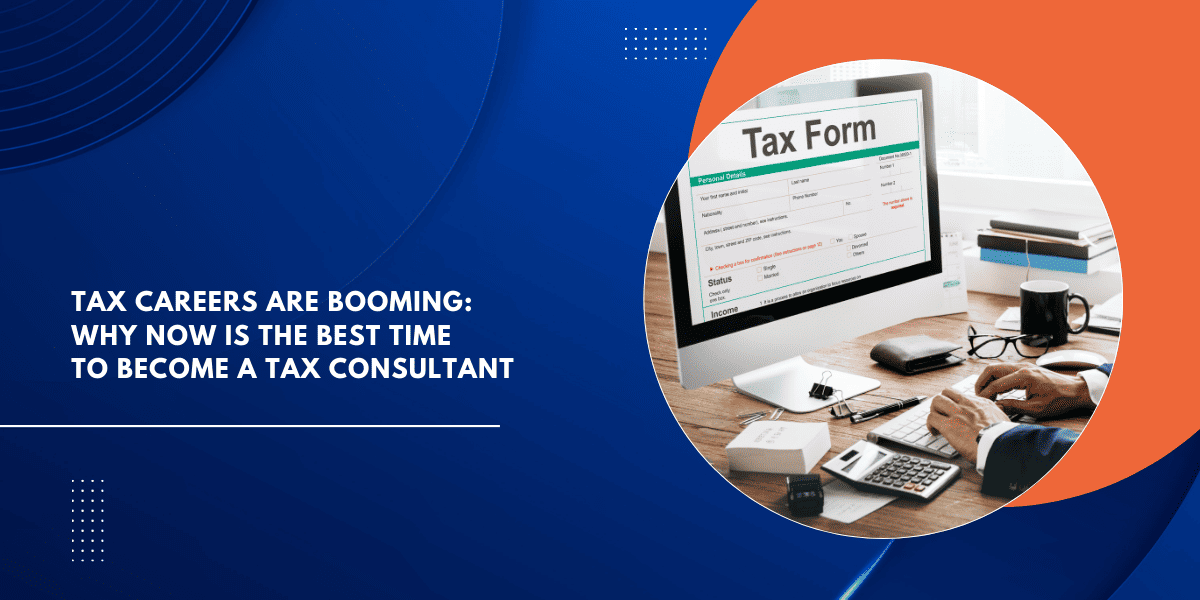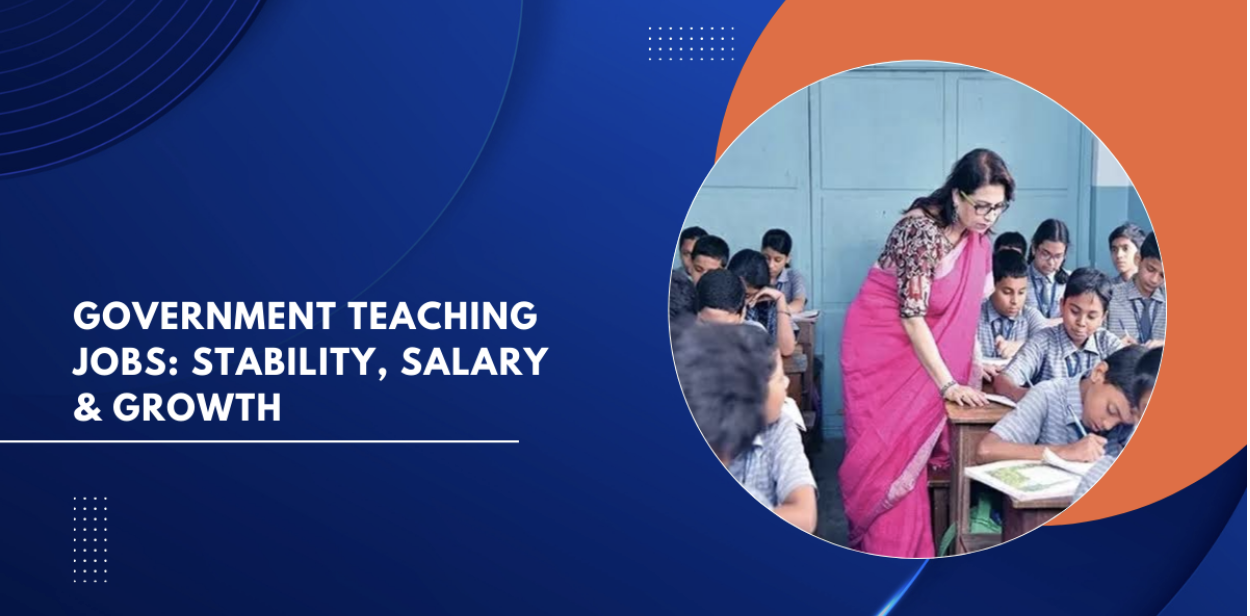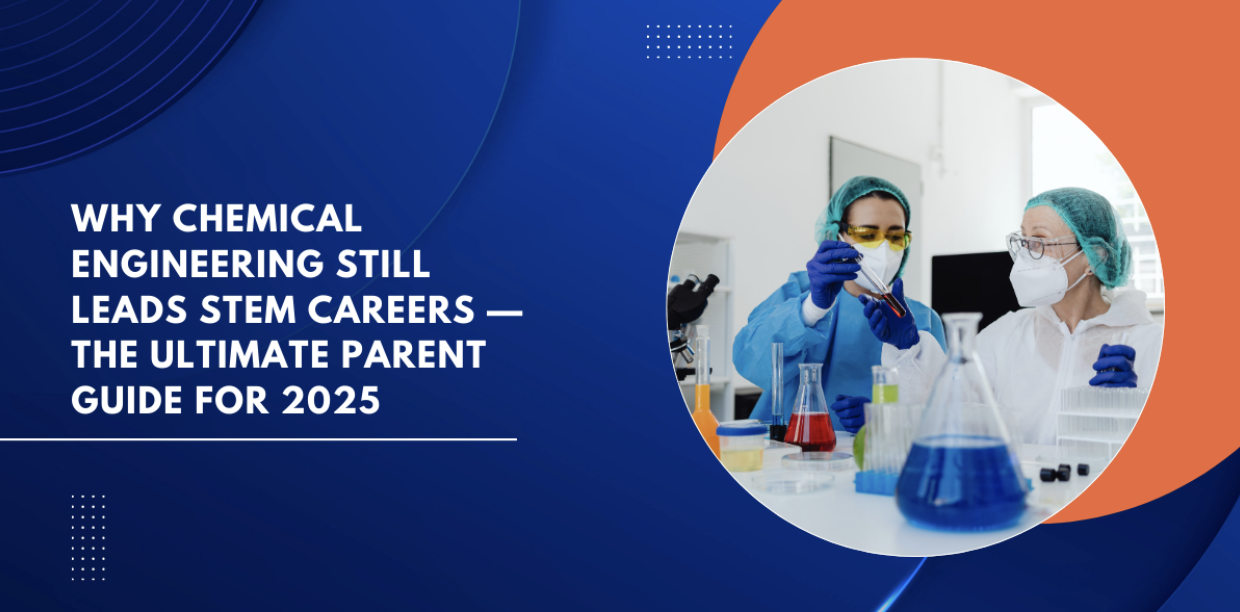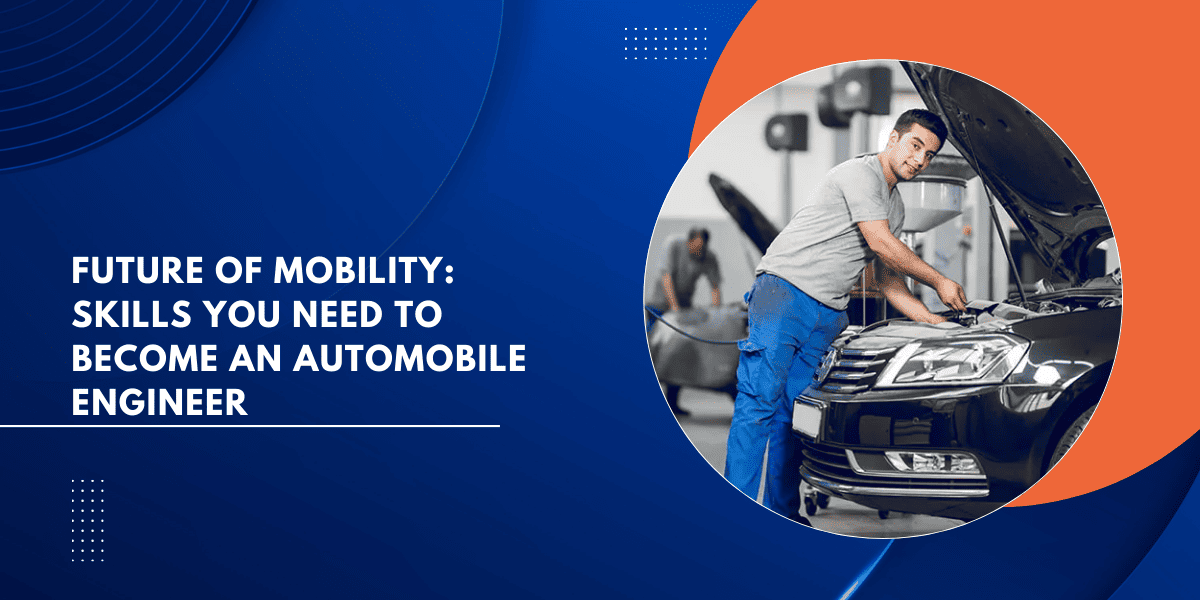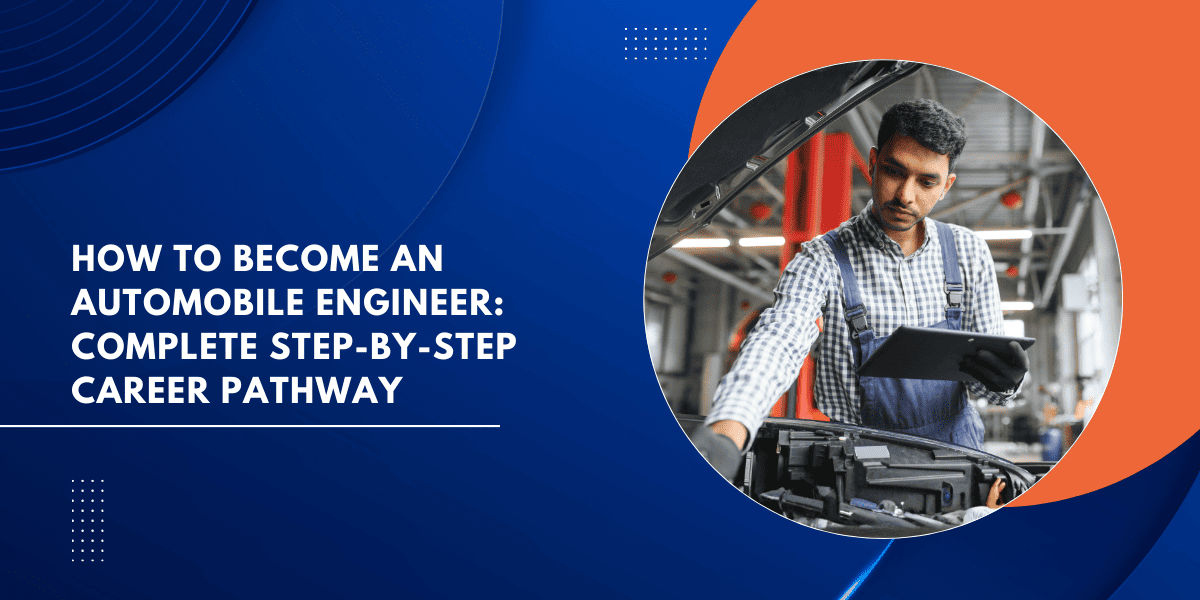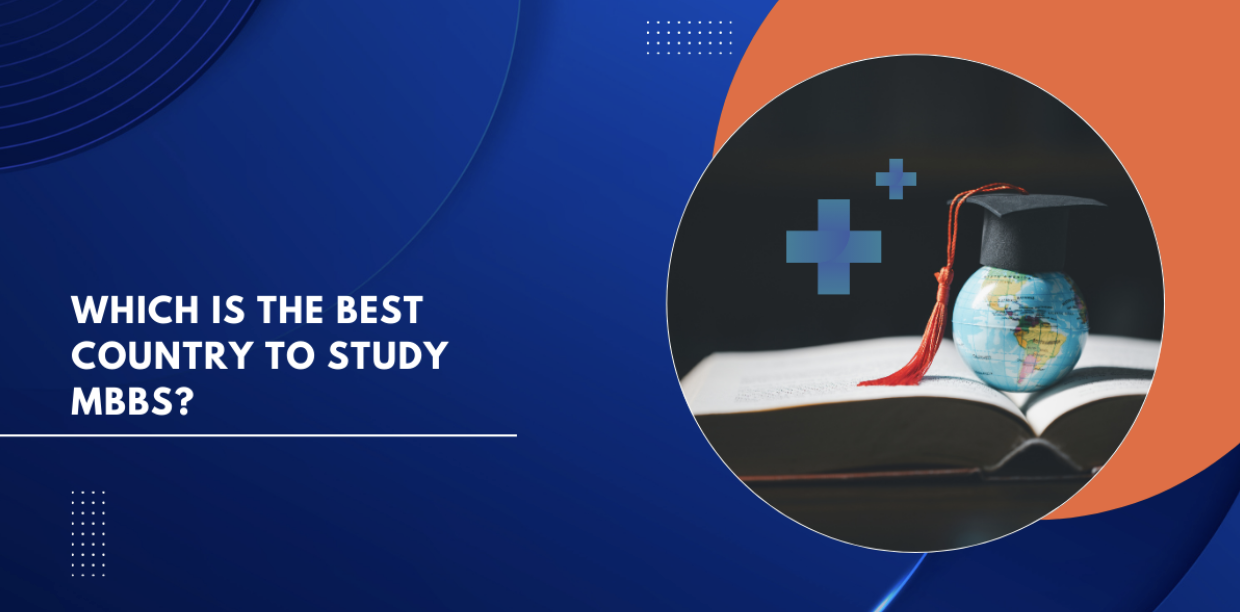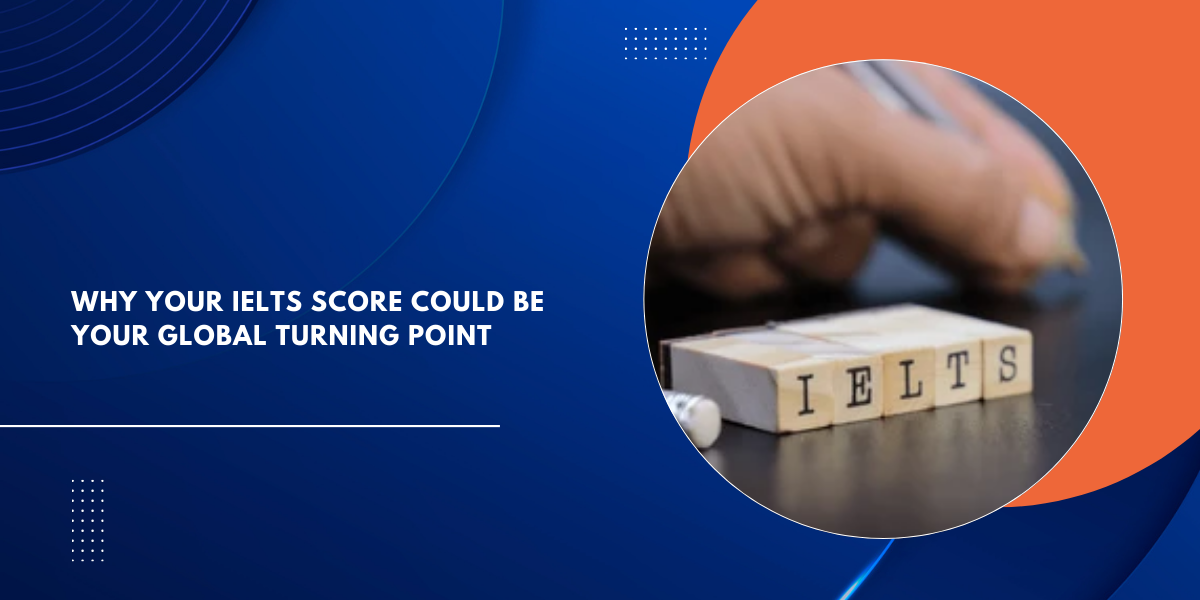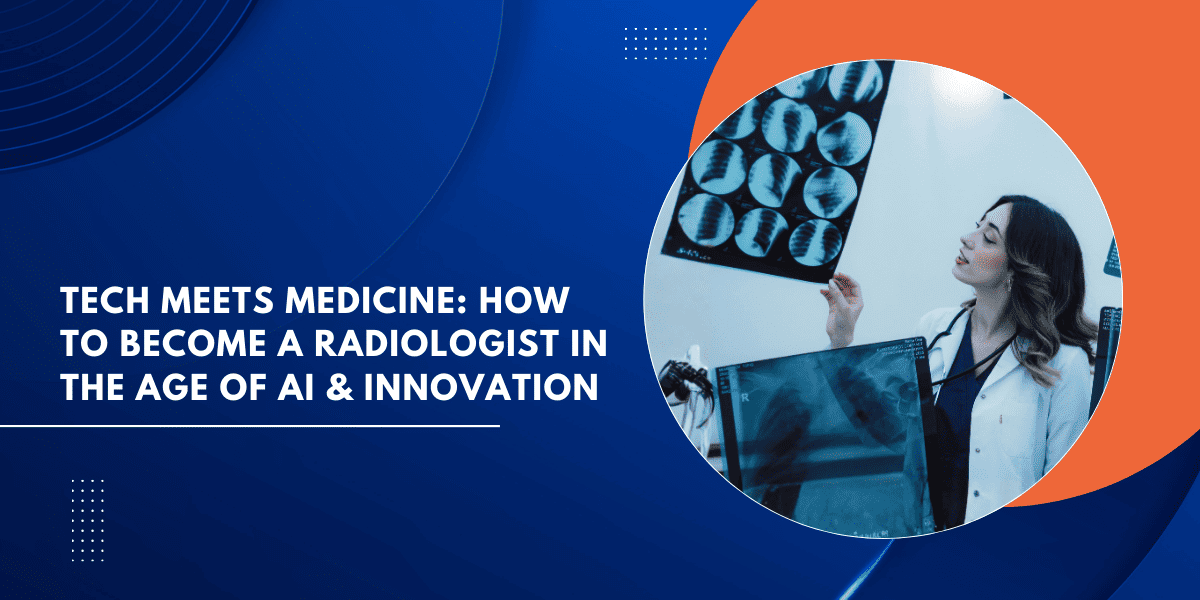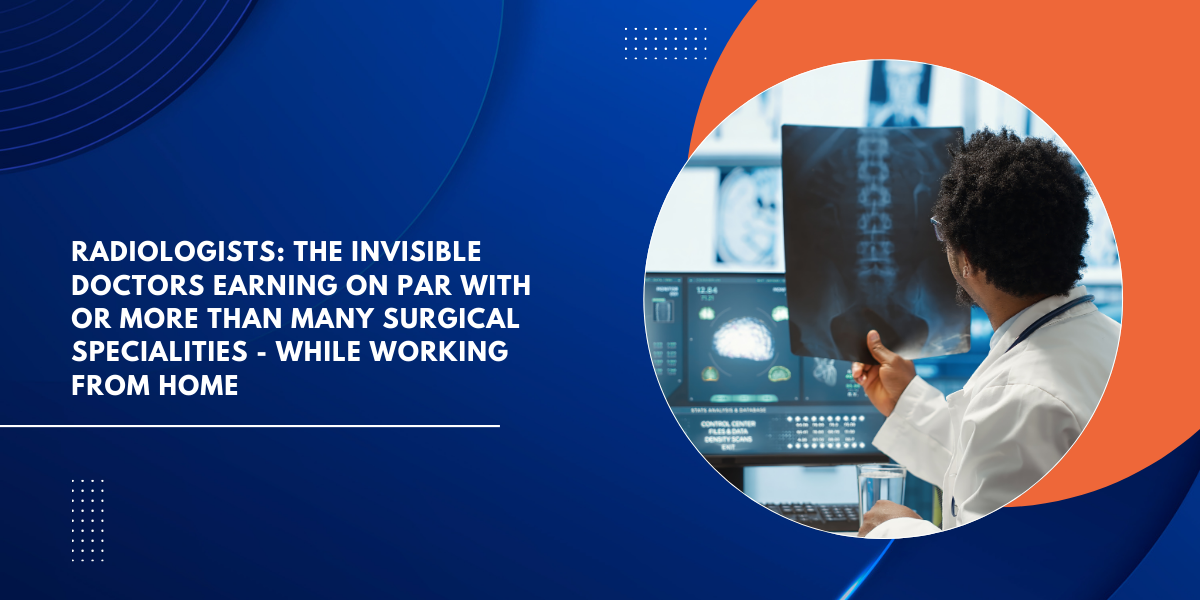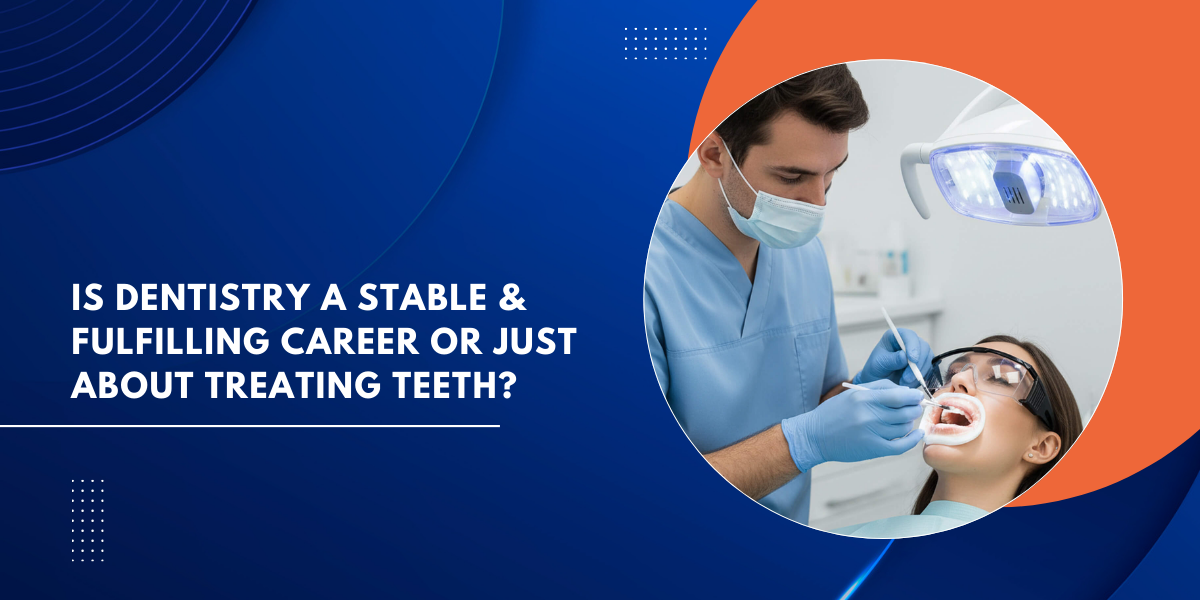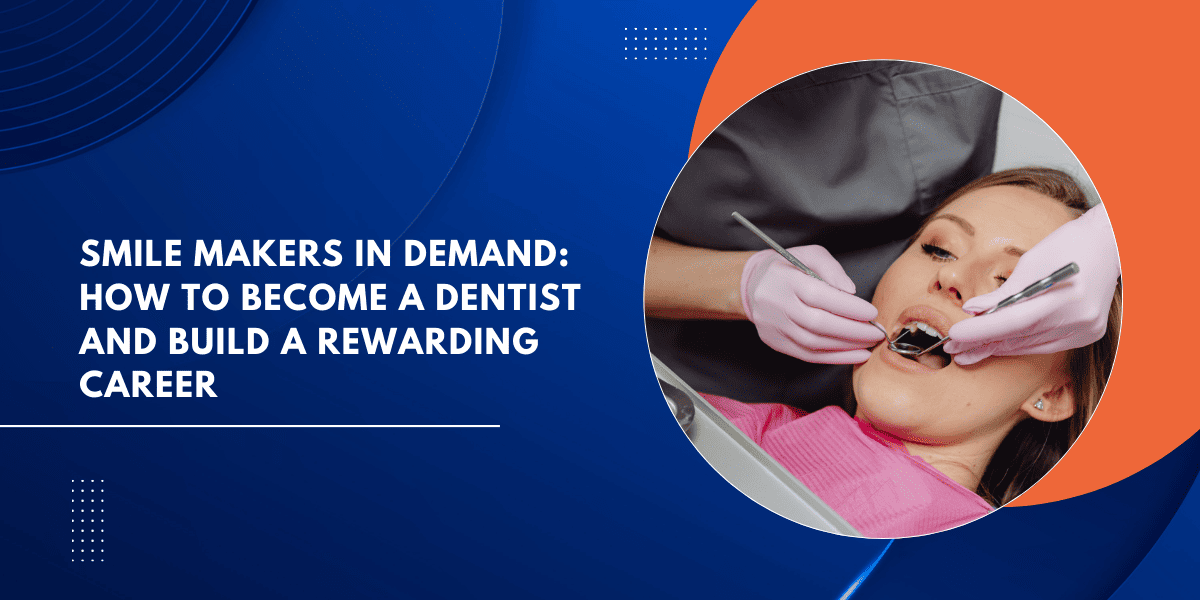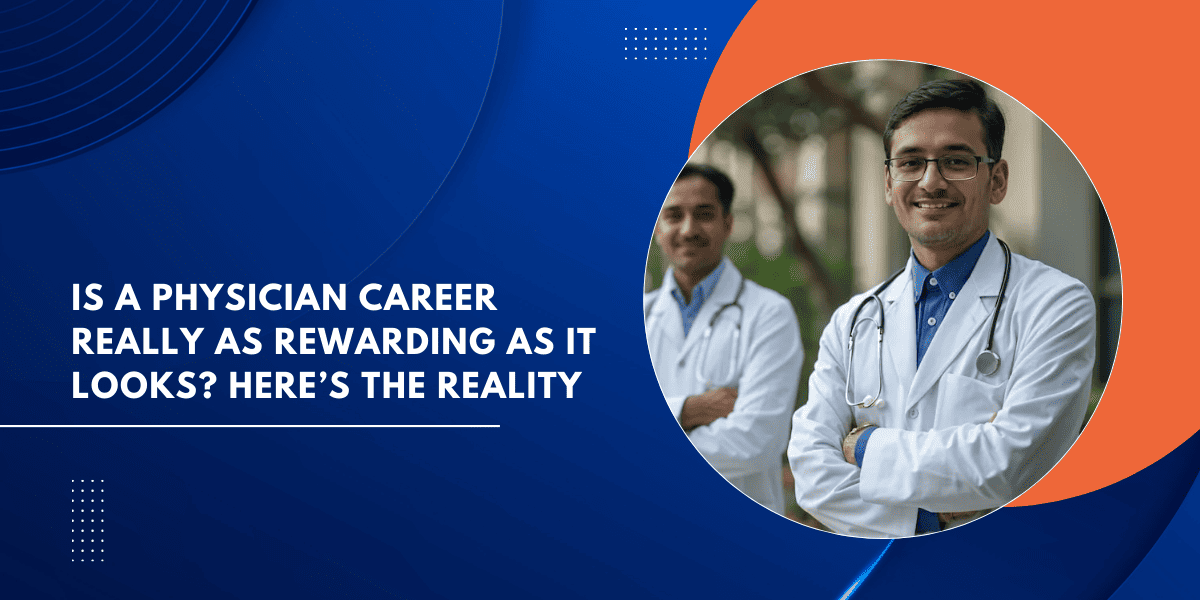Blog written by Preethi Durga, a career strategist and education innovator.
Have you ever wondered if AI could be your doctor?
Imagine walking into a clinic where an AI-powered system scans your health records, analyzes test results, and provides an accurate diagnosis in seconds—before you even meet the doctor. Sounds futuristic, right? Well, AI in diagnostics is already here, transforming healthcare as we know it.
From detecting diseases earlier than ever before to reducing misdiagnoses, Artificial Intelligence (AI) is not just improving healthcare—it’s creating new career opportunities in the medical field. Whether you’re a medical professional looking to upskill, a tech enthusiast curious about AI in medicine, or a student exploring career options, this blog will guide you through the trends, jobs, and future of AI in diagnostics.
Let’s dive in!
Industry Spotlight: How AI is Changing Diagnostics?
Did you know that AI can detect breast cancer better than radiologists? A 2023 study in The Lancet Digital Health found that AI models achieved a 94% accuracy rate in mammogram analysis, compared to 88% by human specialists.
So, what exactly is AI doing in diagnostics?
- Medical Imaging & Radiology
AI tools like Google DeepMind and Zebra Medical Vision analyze X-rays, CT scans, and MRIs to detect conditions such as cancer, brain tumors, and fractures faster and more accurately than humans.
- Pathology & Lab Tests
AI-based tools like Paige.AI and PathAI assist pathologists in detecting cancerous cells in biopsy slides, reducing errors by up to 85%.
- Cardiology & Heart Disease Detection
AI-powered ECG analysis systems can detect heart disease before symptoms appear, improving survival rates. A study by the Mayo Clinic showed that AI-assisted ECGs improve accuracy in detecting irregular heart rhythms.
- Predictive Diagnostics & Early Disease Detection
AI systems like IBM Watson Health analyze patient histories, genetics, and lifestyle factors to predict diseases like diabetes and Alzheimer’s years before symptoms manifest.
Future Projections:
According to a Markets and Markets report, the global AI in healthcare market is projected to reach $208 billion by 2030, with AI-driven diagnostics leading the growth. This means huge demand for professionals who can work at the intersection of AI and healthcare.
Job Market Data: What Careers Are Emerging in AI-Driven Healthcare?
With AI becoming a critical part of healthcare, new career opportunities are emerging across various fields. But how do these roles fit into the job market? Let’s break it down.
High-Demand Careers in AI Diagnostics:
- AI Healthcare Analyst – Helps develop and train AI models using medical data.
- Clinical Data Scientist – Analyzes medical data to improve AI-driven diagnostic accuracy.
- AI-Assisted Radiologist & Pathologist – Works with AI tools to interpret medical images and lab tests.
- Healthcare AI Trainer – Trains AI systems with diverse medical datasets to improve accuracy.
- Bioinformatics Specialist – Uses AI for genomic analysis and personalized medicine research.
The AI-driven healthcare sector in India is experiencing rapid growth, creating high-paying opportunities for professionals skilled in AI, machine learning, and medical technology.
- AI Healthcare Professionals in India earn an average salary of ₹12-25 LPA, with experienced professionals earning up to ₹40 LPA in senior roles. (Source: Naukri.com, LinkedIn India)
- AI Specialists in Medical Imaging, Predictive Analytics, and Healthcare AI Development earn between ₹15-30 LPA, depending on expertise and experience. (Source: Analytics India Magazine)
- The AI-driven healthcare job market in India is expected to grow at a CAGR of 40% over the next five years, fueled by government initiatives like Ayushman Bharat Digital Mission (ABDM) and increasing adoption of AI in diagnostics. (Source: NASSCOM AI Adoption Report 2023)
- Startups and tech firms such as Tata Consultancy Services (TCS), Infosys, Wipro, and AI-based health startups like Niramai, Qure.ai, and Sigtuple are hiring AI professionals with competitive salary packages.
Key Takeaway: With India’s healthcare sector embracing AI for diagnostics, early disease detection, and robotic surgery, AI-driven healthcare jobs will be among the highest-paying and fastest-growing fields in the coming decade.
Expert Insights: What Industry Leaders Are Saying?
We spoke to healthcare and AI professionals about the future of AI in diagnostics. Here’s what they had to say:
AI & Healthcare Researcher, AIIMS Delhi
“AI is not here to replace doctors—it’s here to assist them. The biggest challenge we face is ensuring AI systems are trained on diverse patient data to avoid biases. The future of healthcare will involve more AI-trained specialists working alongside human experts.”
Senior Radiologist, Fortis Hospital
“Five years ago, AI in radiology was just an idea. Today, I use AI-powered diagnostic tools daily to cross-check results. AI is reducing human errors and saving lives.”
TCS Healthcare Division
“Healthcare companies in India are investing heavily in AI research. There is a huge demand for professionals who understand both medicine and data science. Learning AI now could be a game-changer for anyone in healthcare.”
What does this mean for you? Whether you’re a doctor, an IT professional, or a researcher, there’s a role for you in AI-driven healthcare!
How to Get Started in AI-Driven Healthcare?
Thinking of jumping into this fast-growing and high-impact field? Whether you’re a healthcare professional looking to upskill or a tech enthusiast exploring AI applications in medicine, here’s how you can begin your journey in AI-driven healthcare.
1. Learn the Basics of AI in Healthcare
To work in AI-driven healthcare, you need a solid foundation in machine learning, deep learning, and medical AI applications. Start by taking structured online courses that introduce you to AI models, medical imaging, and healthcare data analytics.
Tip: Start with beginner-friendly courses and gradually move to advanced topics like natural language processing (NLP) for medical data and AI in genomics.
2. Gain Hands-on Experience with AI Tools
Once you understand the basics, it’s time to get hands-on with AI tools used in medical applications.
Essential AI Tools for Healthcare:
- TensorFlow & PyTorch: The most widely used deep learning frameworks for building and training AI models in medical imaging and diagnostics.
- IBM Watson Health: AI-powered analytics for disease prediction, drug discovery, and personalized treatments.
- Google Health AI: Google’s medical AI initiatives, including AI-based diagnostic solutions for cancer detection and ophthalmology.
Tip: Work on small projects using open-source medical datasets available on platforms like Kaggle and PhysioNet to get real-world experience.
3. Work on AI Healthcare Projects
Practical experience is key! Start small by working on projects that allow you to apply AI in real-world healthcare scenarios.
Beginner Project Ideas:
- Develop an AI model that predicts diseases based on symptoms using machine learning algorithms.
- Analyze patient data trends using Python or R to find insights on disease progression.
- Build an AI-powered chatbot that can provide initial symptom analysis for patients.
Tip: Contribute to open-source AI in healthcare projects on GitHub or participate in AI hackathons focused on medical challenges.
4. Network & Find Career Opportunities
The AI in the healthcare community is growing fast, and networking with professionals can open doors to job opportunities, mentorship, and collaborations.
Join AI & Healthcare Communities:
- HIMSS Healthcare AI Community: A global platform discussing AI innovations in medicine.
- AI in Medicine LinkedIn Groups: Connect with AI researchers, healthcare startups, and industry leaders.
- Attend AI & Digital Health Conferences: Participate in events like AI in Healthcare Summit and MedTech AI Conferences to stay updated on industry trends.
Tip: Follow leading AI in healthcare professionals on Twitter, LinkedIn, and ResearchGate to stay informed about the latest advancements.
Ready to Start?
The intersection of AI and healthcare is a fast-growing, high-impact field with immense career potential. Start learning, experimenting, and networking today to build a future-proof career in AI-driven diagnostics and medicine!
Final Thoughts: The Future of AI in Diagnostics is Here!
AI isn’t replacing doctors—it’s making them better. It’s helping detect diseases earlier, reduce misdiagnoses, and improve patient care worldwide.
The question is: Are you ready to be part of this revolution? Whether you’re a doctor, tech enthusiast, or medical student, now is the perfect time to upskill and explore career opportunities in AI-driven healthcare.
Interested in AI-driven healthcare careers? Schedule a session with our career experts at NextMovez!
Resources & Further Reading
Research & Industry Reports:
- The Lancet Digital Health – AI in Diagnostics
- Markets and Markets AI Healthcare Report
- World Economic Forum: AI in Healthcare 2030 Report
- Mayo Clinic Research- AI in ECG Analysis for Herat Diseases
- Statista Report on AI in Healthcare Growth (2024)
Want to Stay Updated? Get in touch with NextMovez, for more insights on AI in healthcare careers.




